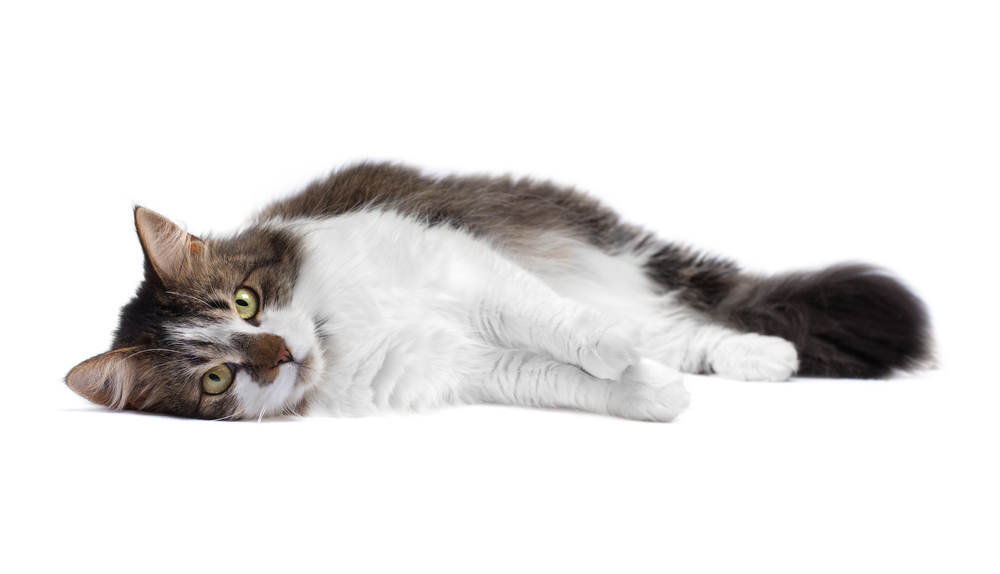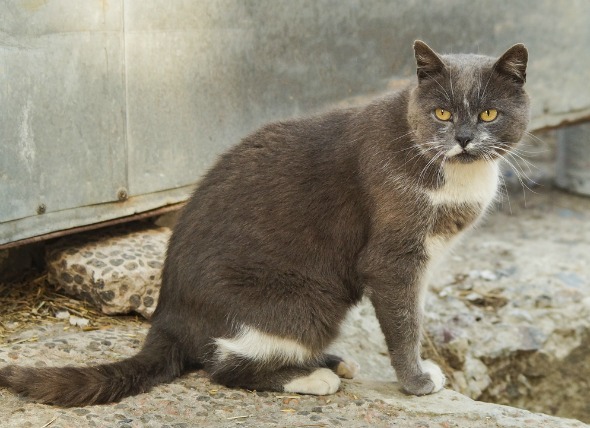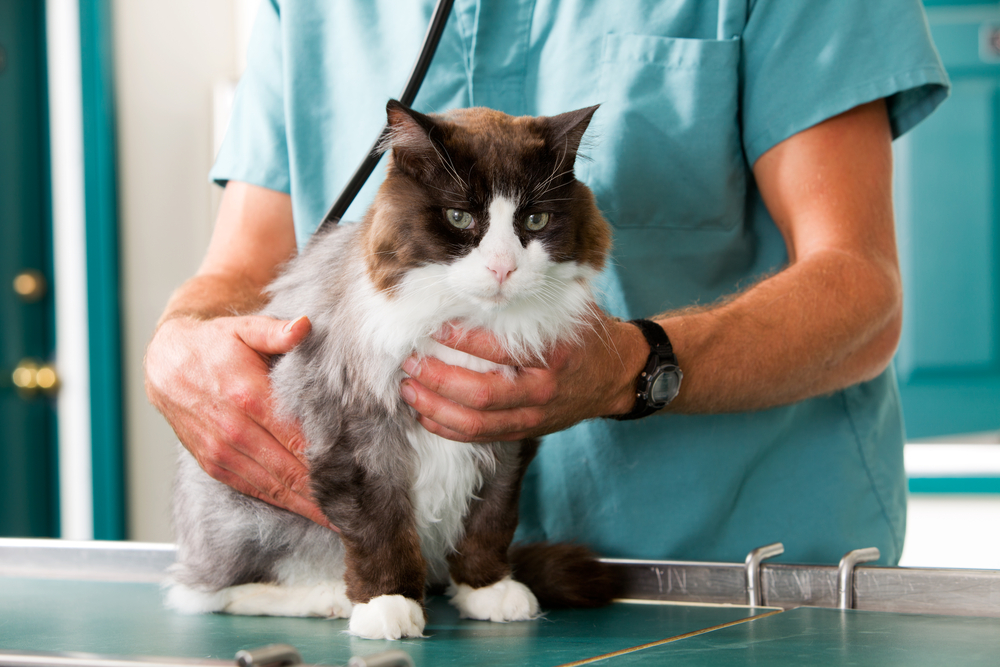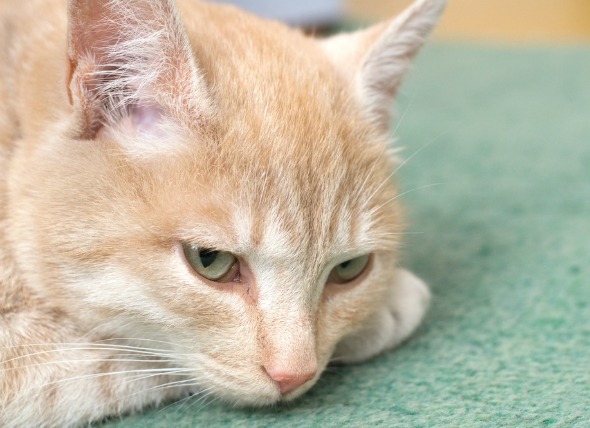

Ibuprofen is a non-steroidal anti-inflammatory medication commonly used in humans as a pain reliever and to reduce fever. It is available in many over-the-counter formulations (Advil, Motrin, Midol) as well as in prescription strength medications. Though relatively safe for people, ibuprofen can be toxic for cats and has a relatively narrow margin of safety, meaning that it is safe for cats only within a very narrow dosage range.
Ibuprofen toxicity can occur in both dogs and cats. If you would like to learn more about how it affects dogs, please visit this page in the petMD health library.
Symptoms of ibuprofen poisoning in cats may include:
Ultimately the cause of poisoning is the ingestion of Advil or other medications containing ibuprofen. However, although most cases of ibuprofen ingestion in cats is accidental, there are some instances in which pet owners administer ibuprofen-containing medications to their cat believing them to be safe.
Ibuprofen inhibits COX enzymes which normally have a protective effect on the mucosal barrier of the gastrointestinal tract, keep blood flowing normally to the kidneys, and help regulate platelet function. When COX enzymes are inhibited, the mucosal lining of the gastrointestinal tract becomes damaged, causing symptoms such as vomiting, nausea, diarrhea, intestinal upset and causing gastric ulcers to form. Reduced blood flow to the kidneys results in kidney damage. Reduced platelet aggregation leads to an increased tendency to bleed abnormally.
After asking you questions regarding the cat's medical history, your veterinarian will perform blood and urine test results in order to assess possible kidney compromise and the appearance of gastrointestinal, renal and neurological signs associated with ibuprofen poisoning in cats.
If ingestion has just occurred and symptoms are not present, vomiting may be induced using hydrogen peroxide or ipecac. Consult your veterinarian for instructions. Activated charcoal may be used to absorb the ibuprofen poison in the stomach. Gastric lavage (“pumping the stomach”) may also be necessary.
In cases where the kidneys have become damaged due to ibuprofen poisoning, fluid therapy and blood or plasma transfusions will be required. Controlling vomiting in cats with anti-emetic medications may be recommended as well as the use of gastrointestinal protectants. Gastric perforation will require surgical correction. Anticonvulsant medications may be necessary if seizures occur.
Avoid ingestion of Advil or other medications containing ibuprofen by securing all drugs in a location inaccessible to your cat.
Image: Nikolai Tsvetkov via Shutterstock
 Fluid in Chest (Pleural Effusion) in Cats
Pleural Effusion in Cats
Pleural effusion is the
Fluid in Chest (Pleural Effusion) in Cats
Pleural Effusion in Cats
Pleural effusion is the
 Are You Ready to Have a New Cat?
Sometimes the cat appears in your house unexpectedly. Y
Are You Ready to Have a New Cat?
Sometimes the cat appears in your house unexpectedly. Y
 Intestinal Viral Infection (Rotavirus) in Cats
Rotavirus Infections in Cats
The rotavirus is a d
Intestinal Viral Infection (Rotavirus) in Cats
Rotavirus Infections in Cats
The rotavirus is a d
 Blood Related Deficiencies in Cats
Pancytopenia in Cats
Pancytopenia does not actual
Blood Related Deficiencies in Cats
Pancytopenia in Cats
Pancytopenia does not actual
 Is there a Cat for People Allergic to Cats?
Is there a Cat for People Allergic to Cats?
Is there a Cat for People Allergic to Cats?
Is there a Cat for People Allergic to Cats?
Copyright © 2005-2016 Pet Information All Rights Reserved
Contact us: www162date@outlook.com